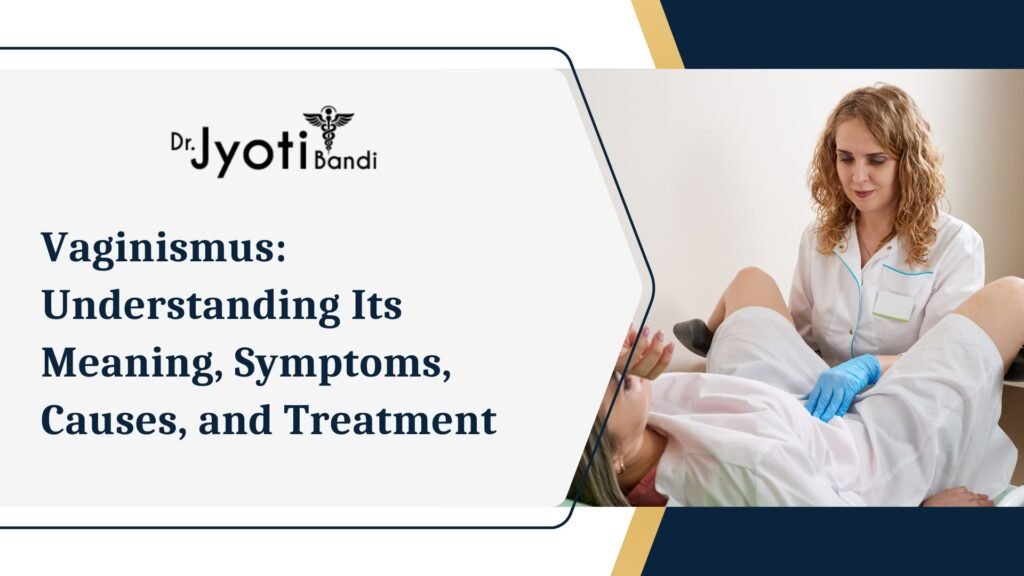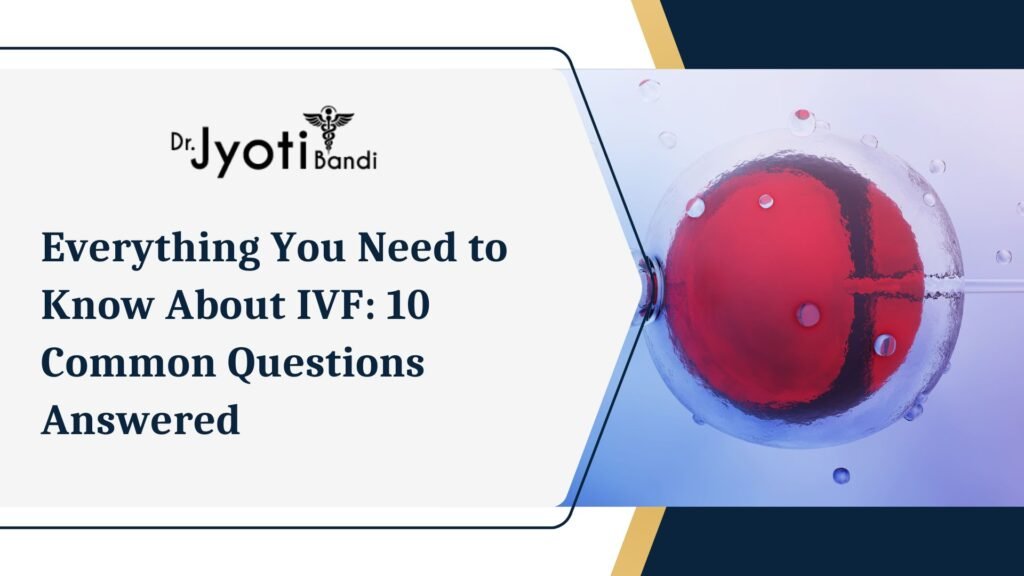The Hidden Impact of PCOS on Fertility and Steps to Improve Your Chances | PCOS Treatments In HSR Layout | Dr.Jyoti Bandi
Polycystic Ovary Syndrome (PCOS) is a chronic endocrine disorder that affects women of reproductive age across the globe. It has one of the most significant and, at the same time, the most painful effects on fertility. Knowledge of how PCOS impacts fertility and what measures can be taken to enhance fertility may be helpful for those who are struggling to conceive. PCOS Treatments In HSR Layout | PCOS Treatments In HSR Layout | Dr.Jyoti Bandi
How PCOS Affects Fertility
PCOS is mainly caused by hormonal dysregulation and this results in symptoms such as irregular menstrual cycles, hirsutism, acne and obesity. However, the most significant problem that affects many women with PCOS is the ability to conceive.
Irregular Ovulation: The main ways through which PCOS impacts fertility include; ovulation irregularities or anovulation, which is the failure to ovulate. Ovulation is the phenomenon whereby an ovary releases a mature egg that is ready to be fertilized. In women with PCOS, the hormonal balance is disrupted and this may not allow for the regularity of ovulation, thus making it difficult to predict the fertile window and hence decrease the chances of conception.
Insulin Resistance: PCOS is also associated with insulin resistance and therefore many women with this condition have high levels of insulin in their body. This excess insulin can cause the ovaries to produce more androgens (male hormones) which can in turn interfere with the menstrual cycle and ovulation.
Endometrial Issues: Women with PCOS may have a thicker endometrial lining because the lining is not shed off during menstruation as it should. This can make it hard for an embryo to implant and this can cause problems in conceiving even if conception has taken place.
Steps to Improve Fertility with PCOS
However, it is important to note that majority of women with PCOS can get pregnant if the right measures are taken. Here are steps that can improve your chances of getting pregnant:
Healthy Lifestyle Changes:
Weight Management: Losing weight through diet and exercise is one of the most effective ways of improving fertility among couples. Losing as little as 5-10% of your body weight can also help to normalise menstrual cycles and ovulation.
Balanced Diet: Concentrate on the intake of whole grain products, lean meats, fruits, and vegetables. Limiting the consumption of refined sugars and carbohydrates can assist in regulating insulin and hormonal balance.
Regular Exercise: Physical activity is also important in weight control and improving insulin sensitivity which are both important for fertility.
Medical Interventions:
Medications: Some of the drugs that are used by doctors to induce ovulation include Clomiphene Citrate or Letrozole. In some circumstances, Metformin can be used to enhance the insulin sensitivity and to treat irregular menstrual cycles.
Hormonal Therapies: In cases of severe symptoms, the woman can be prescribed on birth control pills to help in managing the menstrual cycle before trying to conceive.
Fertility Treatments:
In Vitro Fertilization (IVF): In case the medications or lifestyle changes do not work for women, IVF may be the solution for them. This process entails collection of eggs from the ovaries, then fertilization of the eggs in a laboratory, and then implantation of the embryos in the uterus.
Ovarian Drilling: At times, doctors suggest a surgical intervention known as ovarian drilling. This procedure involves creating tiny holes in the ovary through laser or a needle to lower the androgen levels and bring back normal ovulation.
Monitoring and Support:
Regular Monitoring: Blood tests, ultrasound and recording of basal body temperature can help in determining when the woman is ovulating and therefore when conception is most likely to occur.
Emotional Support: It is not easy to live with PCOS and infertility issues. It is important to talk to a therapist, counselor or join a support group to help deal with the stress and emotional pressures that come with this process.
Although PCOS can be a real problem for fertility, if a woman knows about it and tries to do everything possible, the chances of getting pregnant will be much higher. Lifestyle modifications, medications, and, if needed, fertility therapies can help make a positive change and provide hope to those who are suffering from this disease.


